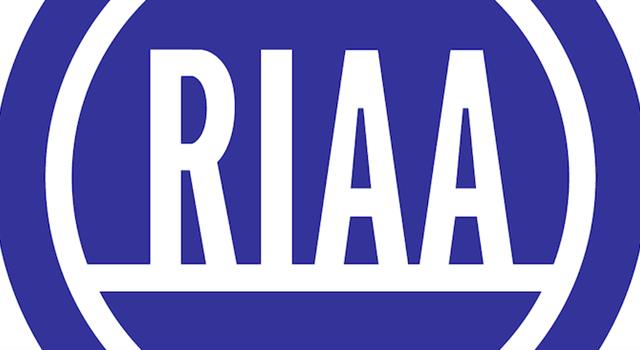Our friends at Royalty Exchange round up and analyze the top news stories of the last fortnight in music royalties.
Week ending August 18th: Songwriters Battle For ‘Moral Rights’ And Against The Federal ‘Transparency’ Licensing Bill
Songwriter Groups Call Out Record Industry Over Moral Rights Issue (Music Business Worldwide)
Benom’s Take: The issue of “moral rights” is about giving credit and attribution to the other creative professionals behind commercial recordings (composers, lyricists, producers, engineers, other performers/musicians, etc.). Instead of just the artist being recognized and credited, 170+ countries around the world are signatory to an international agreement (the Berne Convention) that, among other things, recognize moral rights as a legal requirement. However, though signatory to the agreement, the United States doesn’t recognize moral rights. This is why we’ve had a lot of public debate on the issue, particularly in regard to the songwriting/music publishing community with Spotify and other digital music services. [READ MORE]
Federal Transparency Bill Endangers Songwriters’ Leverage for Getting Paid (Billboard)
Benom’s Take: The “Transparency in Music Licensing Ownership Act” has good intentions. We need a comprehensive and centralized database that makes it easy to identify rights holders for more efficient licensing and royalty payments. It’s a “pie in the sky” sort of thing, but it’s necessary and we’ve already seen movement toward this idea in the performing rights world with ASCAP and BMI. [READ MORE]
Round Hill Music Brings Private Equity Cash to Hitmakers From the Beatles to the Offspring (Billboard)
Benom’s Take: In recent weeks, we’ve discussed independent companies backed by big investments allowing those independents to compete with the “majors.” Round Hill is another one of those independents with a powerful catalog and strong investor relationships. Round Hill’s CEO has a background in finance and the music industry, which has attributed to Round Hill’s success. [READ MORE]
Week ending August 25th: Royalties for Remixes, Royalty Tracking, and Royalty Returns
Dubset Makes Sony Music First Major Label Legalized for Remixing (TechCrunch)
Benom’s Take: The remix culture is huge, but licensing songs and recordings for DJ remixes is one of the most common questions I receive from students and clients. “How do I release my remixes without getting into legal trouble?” Until Dubset, the answer was that a DJ must conduct their own copyright research and go through the clearance process themselves. Quite the difficult task if you’re a creative professional with no background in licensing or copyright. And if the remix has multiple rights owners involved… forget about it! Nevertheless, these “unofficial” remixes are some of the most popular tracks in the world, and money has certainly been left on the table when they are streamed online without proper licensing. [READ MORE]
BMG Launches Royalty Tracking App (Hypebot)
Benom’s Take: More news on the tech-royalty front this week with BMG’s newly launched app. Most of the big companies have some kind of proprietary technology that allows their clients access to an online portal for their royalty accounts. The systems operate very similar to how online banking portals do. The online portal allows clients to track their royalties in real time, request royalty advances, and provides access to various royalty data analytics. BMG’s new app will link up to its online portal and allow clients to get their royalty data even faster via their mobile phone, tablet, etc. Once again, royalty technology that is user-friendly and transparent is the future. Everyone wants to have the data at their fingertips, 24/7. Companies that don’t develop their own online royalty portals or license one out will eventually be left behind and lose business. [READ MORE]
Spotify Finalizes Licensing Deal with Warner Music Group (Music Business Worldwide)
Benom’s Take: The trifecta is complete! To pave the way for a rumored IPO, Spotify had to get new licensing deals in place with the three major record companies. In order, from biggest to just plain big is:
- Universal
- Sony
- Warner
In April, Spotify finalized a new licensing deal with Universal Music and it’s reported they also finalized a licensing deal with Sony Music last month. We were all waiting to see when Warner would join the party and here we are. [READ MORE]
Hitmaker Max Martin Made $19 Million Last Year, a 22% Increase Over 2015 (Variety)
Benom’s Take: Swedish producer, Max Martin, is the pop music producer king. He’s written and produced so many No. 1 songs by A-list artists it’ll make your head spin. He’s most famous for his work with Britney Spears, Backstreet Boys, NSync, Justin Timberlake, Taylor Swift, Celine Dion, Ariana Grande and Katy Perry, just to name a few. The report states that his production company reported income of approximately $54 million, while Max personally profited around $19 million. [READ MORE]
